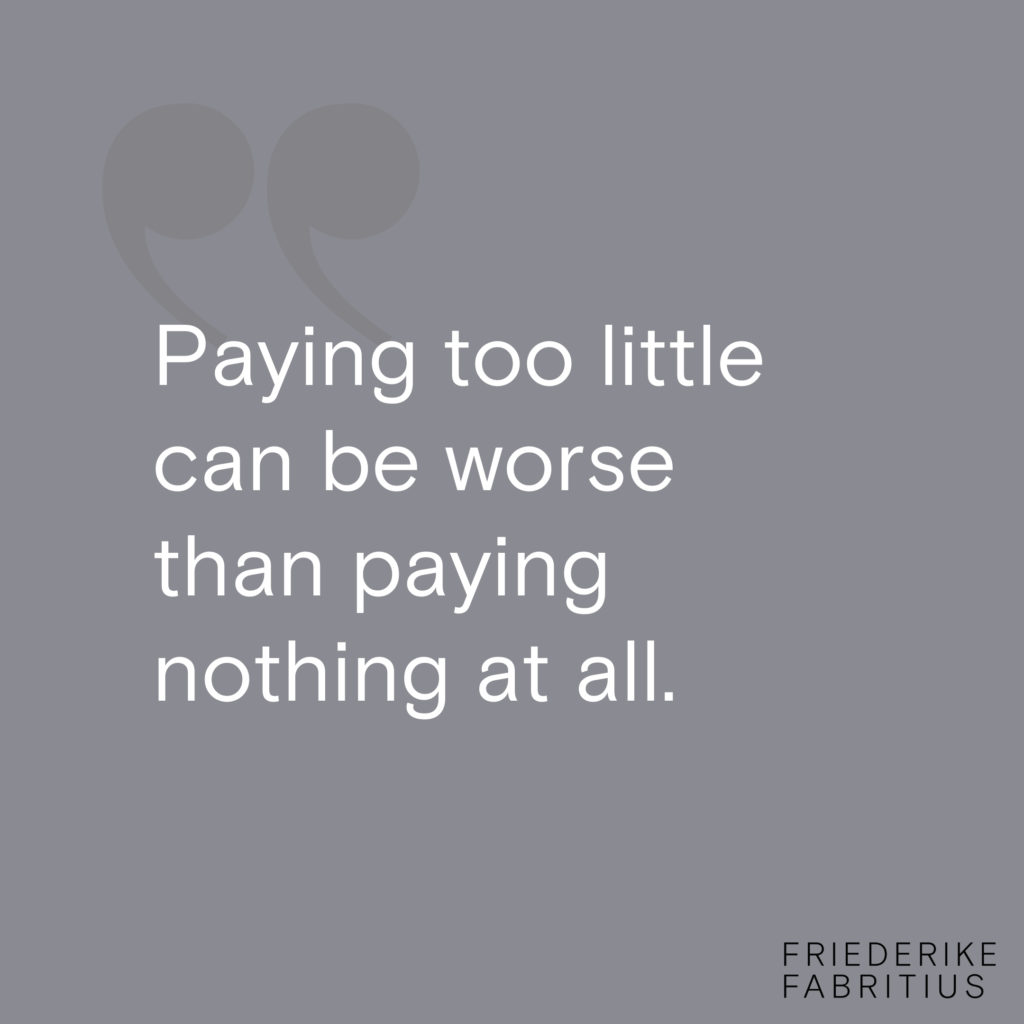Paying too little is worse than paying nothing at all
If you attach a trivial monetary bonus to something that is usually considered part of a job description (such as arriving on time to work), the incentive is apt to backfire. A chronically tardy person may conclude that forgoing the tiny bonus is worth the value of continuing to arrive late. He will likely see coming to work on time as something optional, a bit above and beyond what’s expected. Incidentally, the same approach can be just as ineffectual as a stick as it is as a carrot.
A day-care center grew tired of having to stay open late to wait for tardy parents. So it instituted a fine for any pickups after official closing time in hopes that it would encourage increased punctuality. As it happens, the fine had the exact opposite effect. The number of late arrivals increased! Apparently, the moms and dads felt the extra cost was worth the convenience of arriving late.
What should’ve been part of a social contract—being considerate of day-care employees who wanted to be able to go home to their own families—became a monetary one. Parents who showed up late believed that by paying the fine they were holding up their end of the transaction.
In short, when the incentive or the punishment is too small, it can make matters worse.
